Artificial Intelligence (AI) has changed the way we chat, write, and create content. ChatGPT is one of the most popular AI tools, but it’s not the only one! If you’re looking for alternatives that might be cheaper, faster, or better suited for your needs, this guide is for you.
Here, we’ll explore the 10 best ChatGPT alternatives that can help with writing, coding, answering questions, and even brainstorming ideas.
Why Look for ChatGPT Alternatives?
While ChatGPT is great, it has some limitations. Here’s why you might want an alternative:
✅ Limited free access (most advanced features are paid)
✅ Some tools offer better accuracy for specific tasks
✅ Different AI models may work better for coding, storytelling, or business needs
✅ Faster response times for real-time chats
Now, let’s dive into the top 10 ChatGPT alternatives and see what makes them unique!
1. Google Bard (Now Gemini AI)
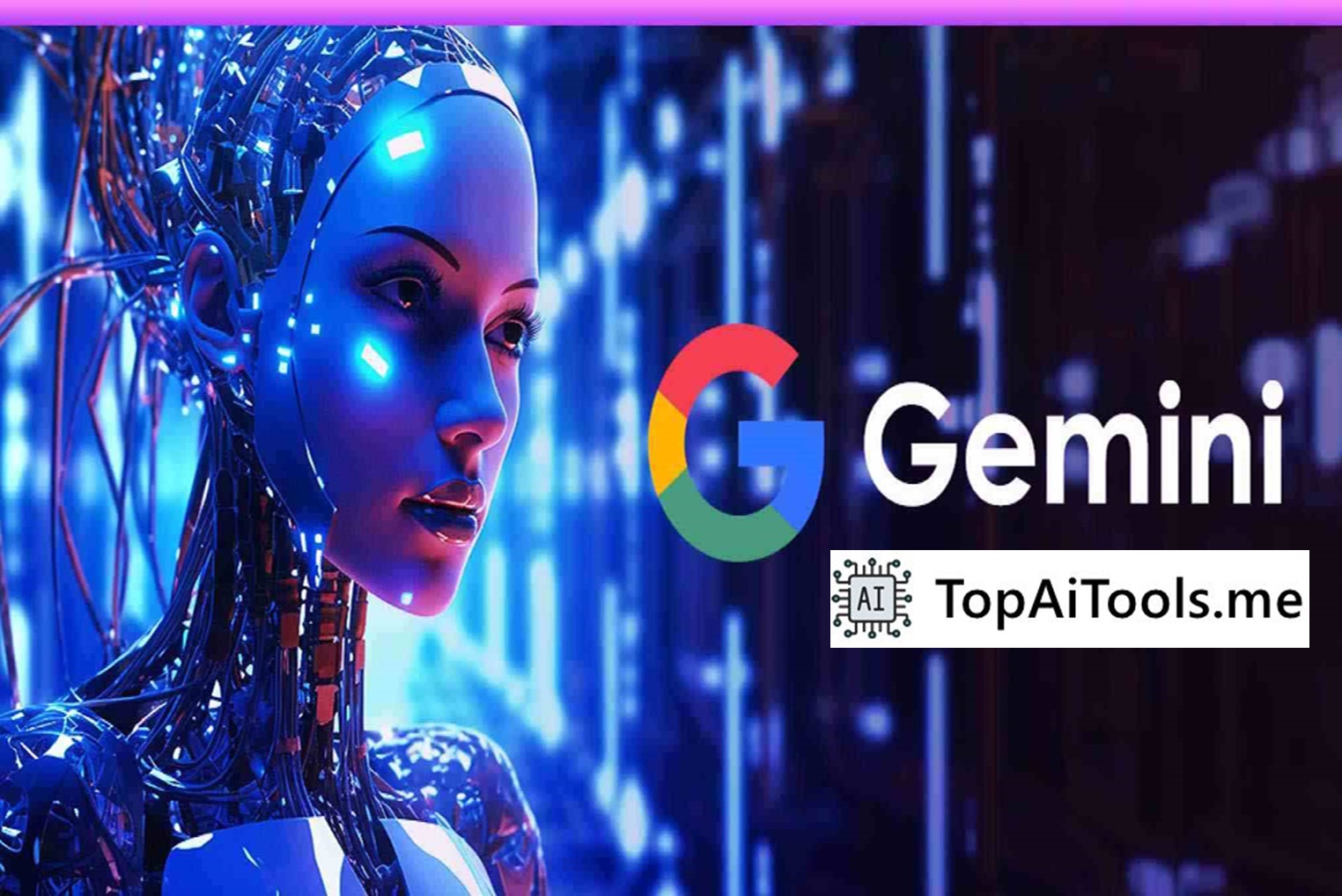
Best for: Quick answers, research, and Google integration
Google Bard, now known as Gemini AI, is a smart chatbot from Google. It’s great for answering questions, explaining topics, and even summarizing articles. Since it connects to Google Search, it can give more up-to-date information compared to ChatGPT.
🔹 Pros: Free to use, access to real-time data, great for research
🔹 Cons: Sometimes provides incomplete or vague answers
📌 Best Use Case: If you need AI assistance with real-time search results, Bard/Gemini is an excellent choice.
2. Microsoft Copilot (Formerly Bing AI)
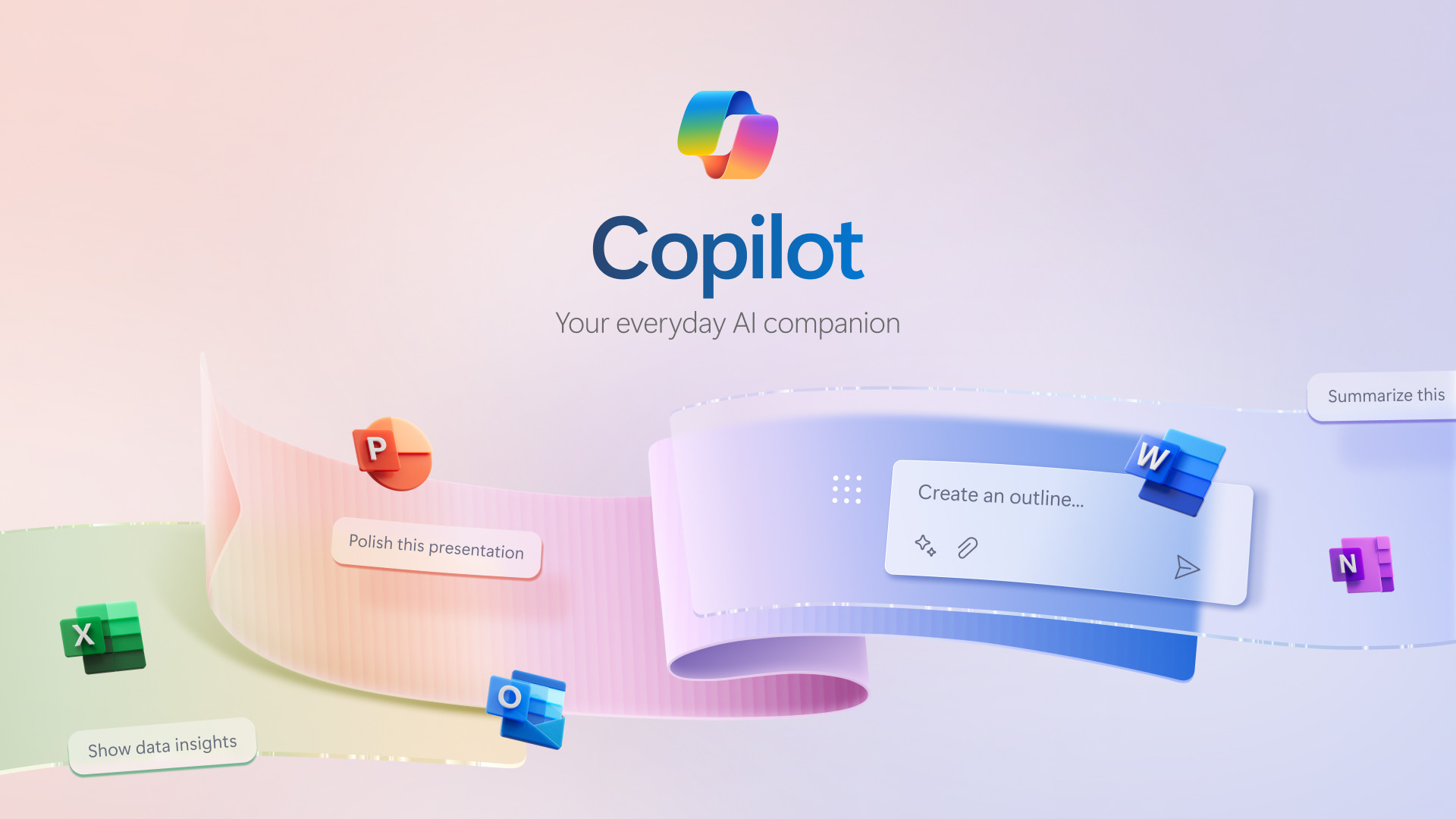
Best for: Web browsing and research
Microsoft Copilot is a built-in AI assistant available on Bing and Windows. It’s powered by GPT-4, just like ChatGPT, but it can browse the internet for free—which ChatGPT’s free version cannot.
🔹 Pros: Free browsing, works well with Microsoft products, great for writing emails
🔹 Cons: Limited conversation length in some cases
📌 Best Use Case: If you need internet-connected AI without paying for ChatGPT Plus.
3. Claude AI (By Anthropic)
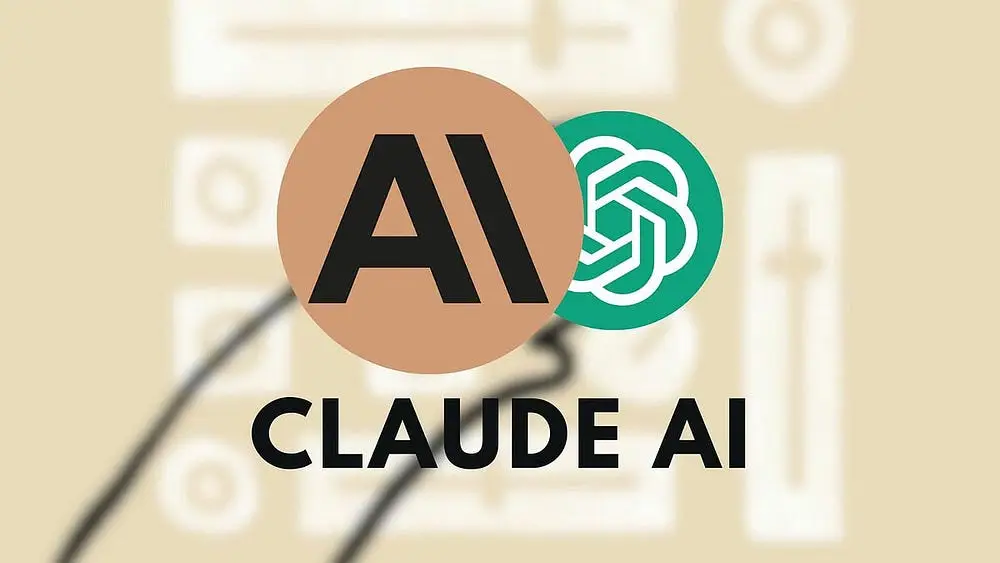
Best for: Writing longer texts with safety and reliability
Claude AI, created by Anthropic, is designed for safe and human-like conversations. It understands complex topics well and is great for writing long blog posts, stories, and emails.
🔹 Pros: User-friendly, free option available, good for long-form writing
🔹 Cons: May not be as creative as ChatGPT for some tasks
📌 Best Use Case: If you need a safer and more structured AI chatbot for writing.
4. Jasper AI
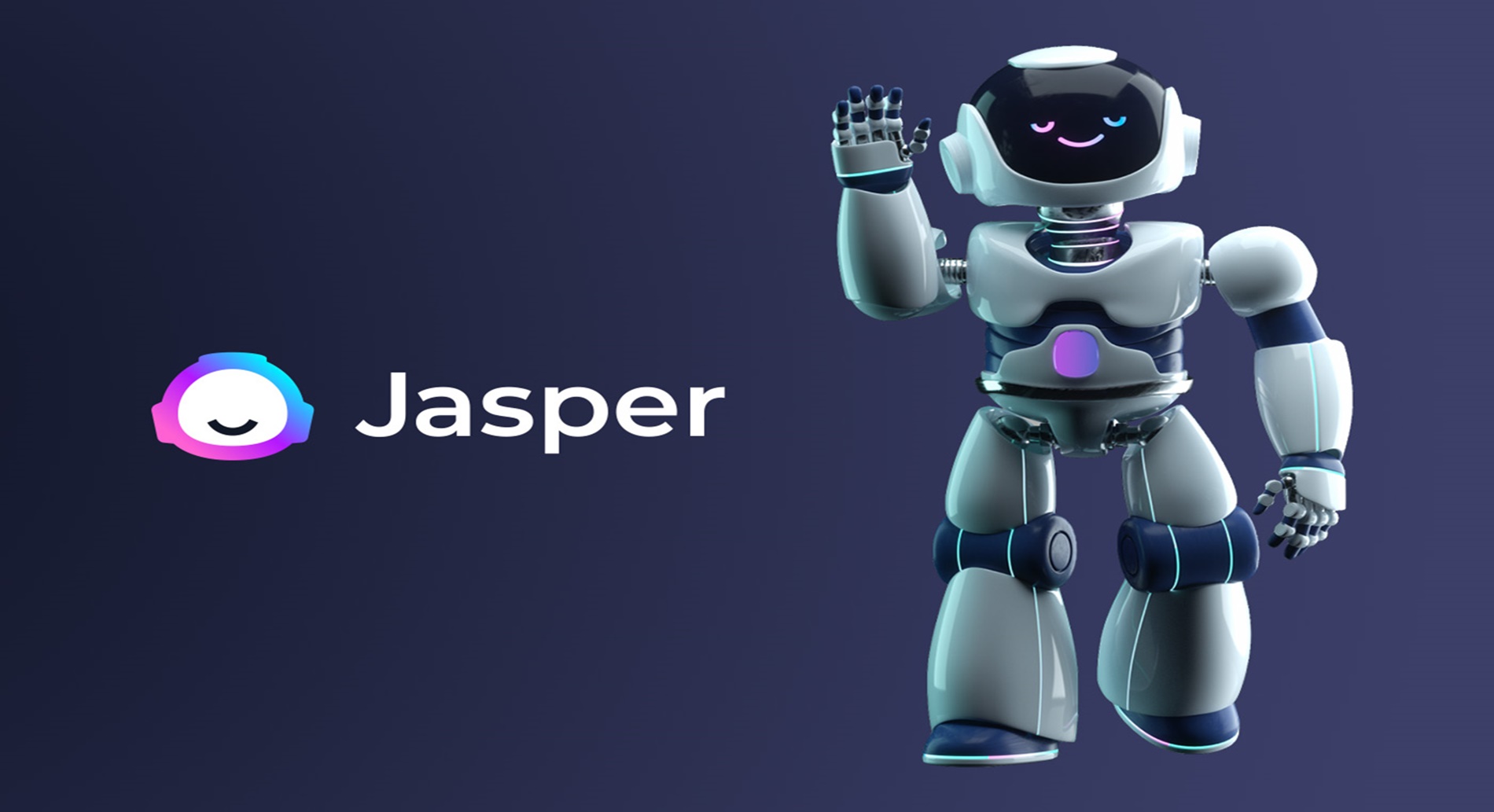
Best for: Marketing content and copywriting
Jasper AI is built for businesses and marketers. It helps create advertisements, blog posts, product descriptions, and even email marketing campaigns with ease.
🔹 Pros: Great for marketing, SEO-friendly writing, templates for different needs
🔹 Cons: Paid tool, not ideal for casual conversations
📌 Best Use Case: If you run a business and need AI-generated marketing content.
5. Perplexity AI
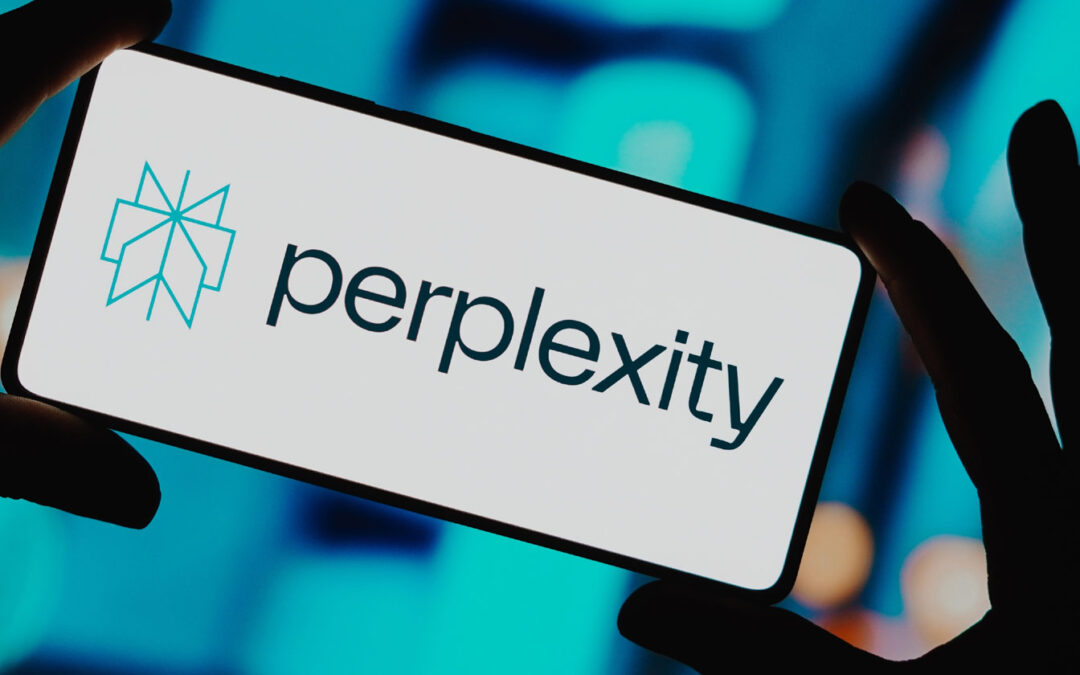
Best for: Research and fact-checking
Perplexity AI is like having a research assistant that gathers information from trusted sources. Unlike ChatGPT, it provides cited sources for its answers, making it reliable for fact-checking.
🔹 Pros: Source-based answers, great for students and professionals
🔹 Cons: Limited free use
📌 Best Use Case: If you need verified information instead of just AI-generated text.
Also Try Best AI Video Generators in 2025
6. HuggingChat (By Hugging Face)
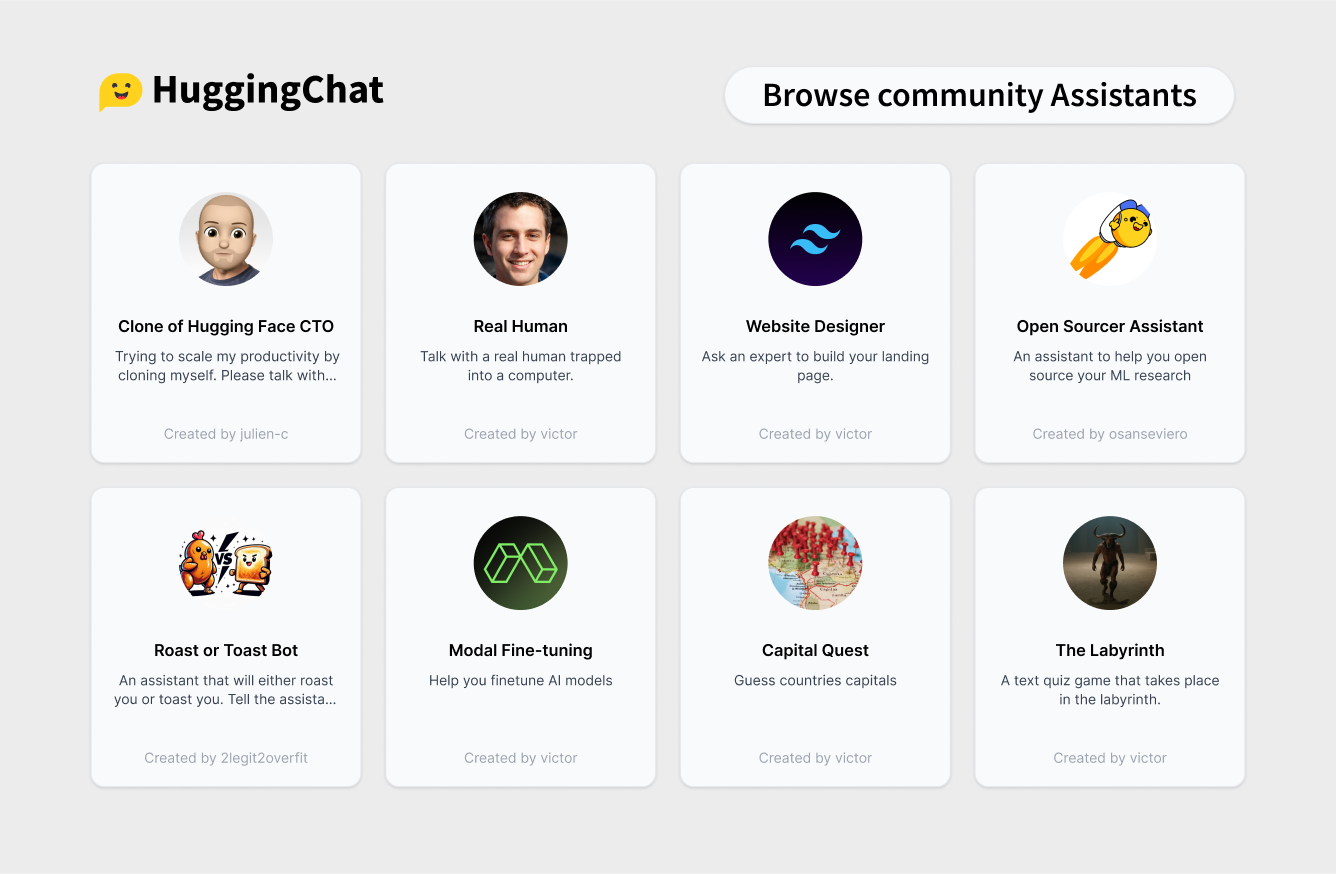
Best for: Open-source AI lovers
HuggingChat is an open-source chatbot, meaning it’s free and can be customized by developers. It’s a great alternative if you want a free AI chat experience without restrictions.
🔹 Pros: Free and open-source, community-driven updates
🔹 Cons: May not be as polished as ChatGPT
📌 Best Use Case: If you want a free AI tool without paywalls.
7. Writesonic
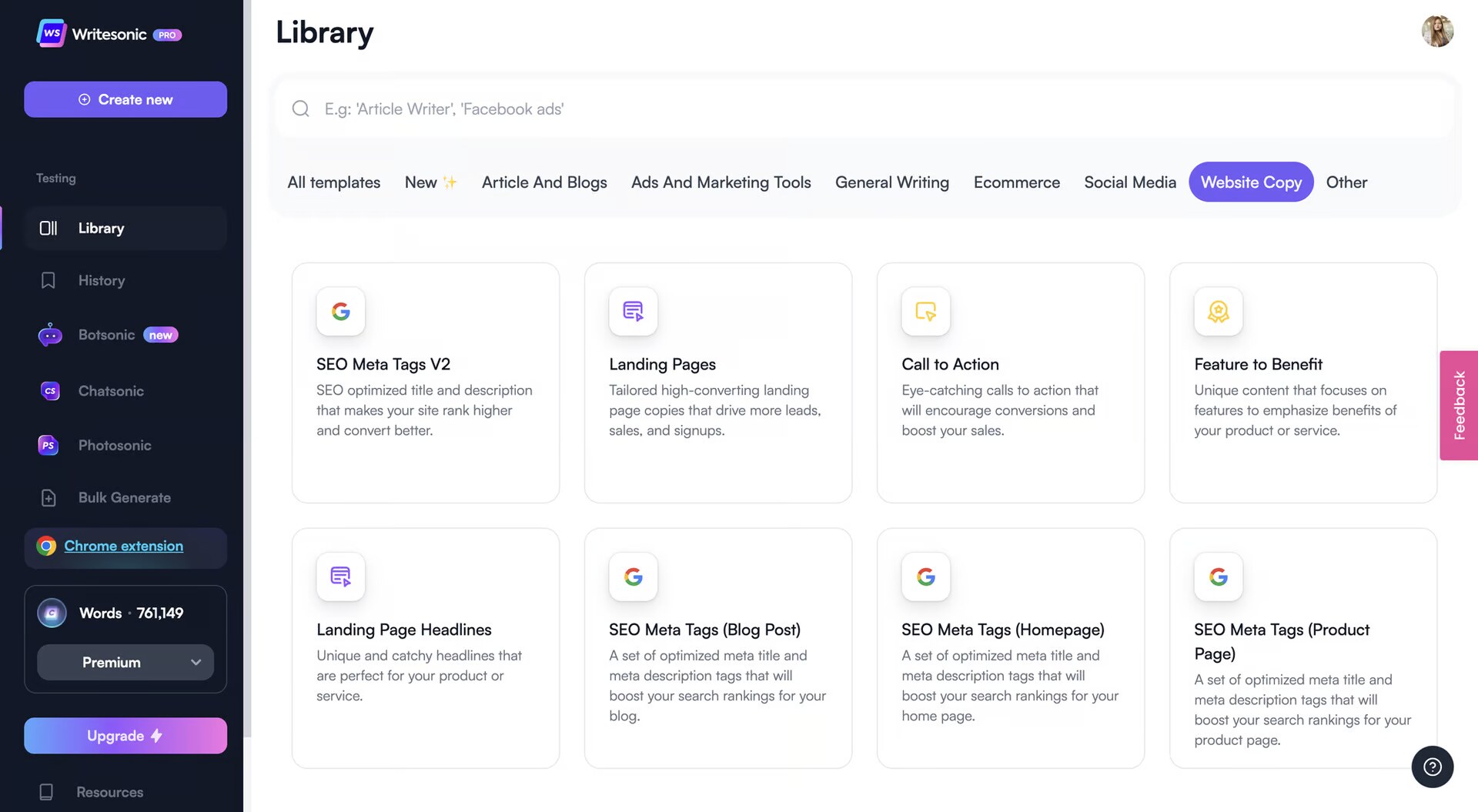
Best for: Blog writing and content creation
Writesonic is designed for fast and efficient content generation. It’s great for bloggers, freelancers, and businesses who need AI-written articles quickly.
🔹 Pros: SEO-friendly content, multiple writing styles
🔹 Cons: Paid tool with limited free access
📌 Best Use Case: If you need SEO-friendly blog posts with minimal effort.
8. YouChat (By You.com)
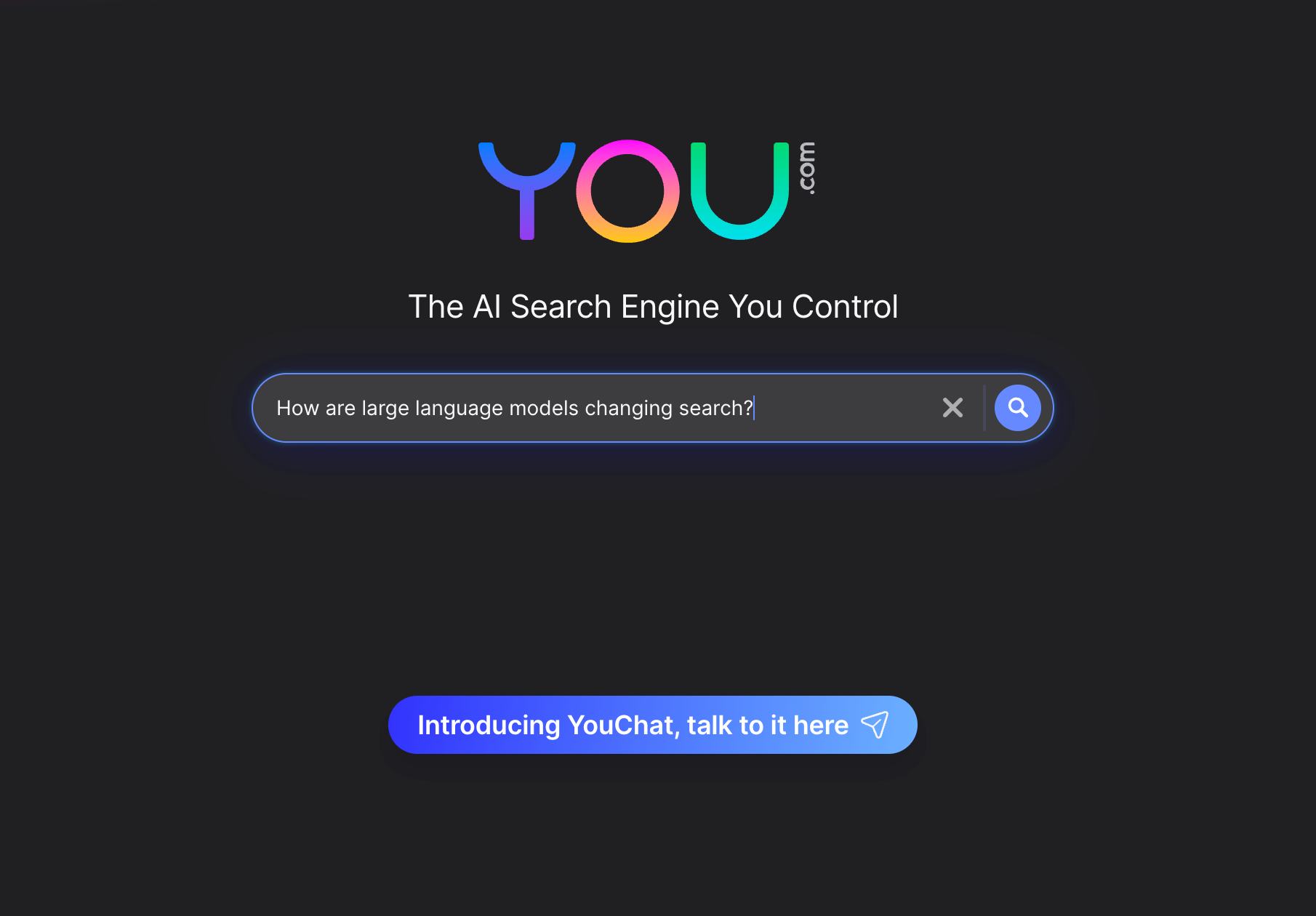
Best for: AI chatbot with web browsing
YouChat is a smart chatbot that works like ChatGPT but with web browsing. It gives updated answers and is great for real-time information.
🔹 Pros: Free to use, can browse the web for up-to-date answers
🔹 Cons: Not as popular as ChatGPT
📌 Best Use Case: If you need an AI that can browse the web for free.
9. Replika AI
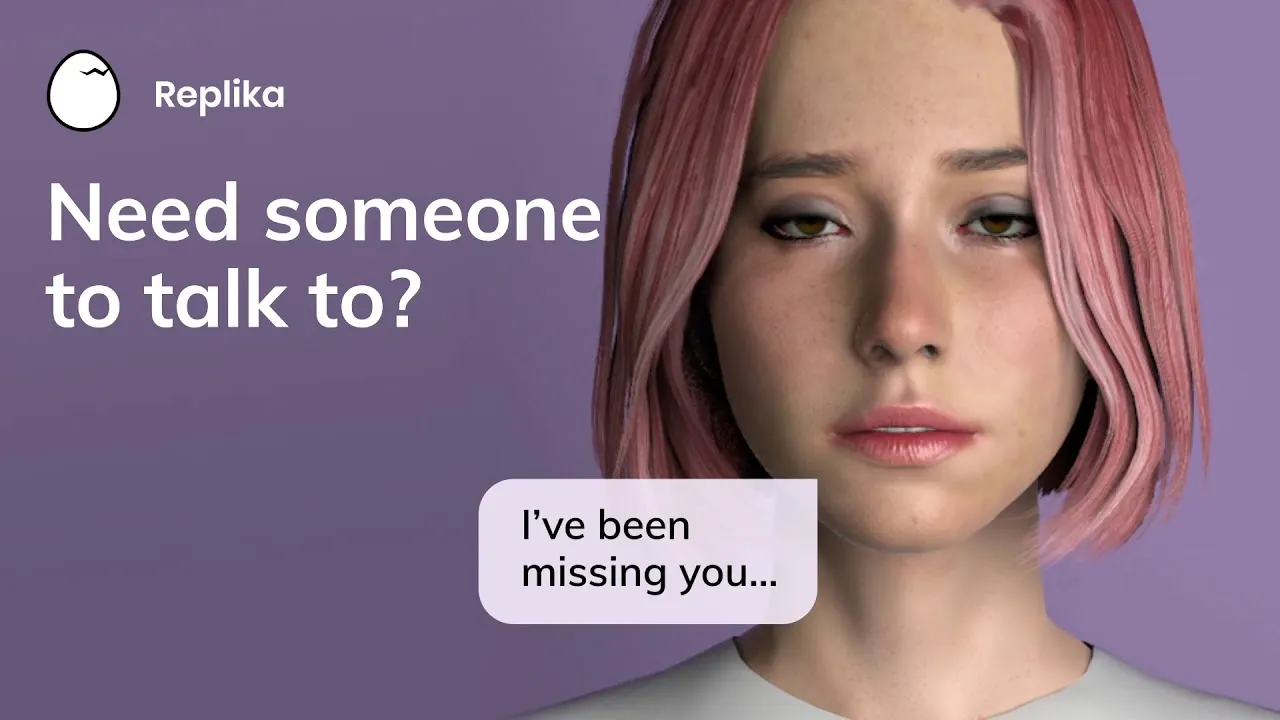
Best for: AI companionship and mental wellness
Replika AI is different from other chatbots—it’s made for emotional support and companionship. It’s great if you want a friendly AI to talk to about daily life.
🔹 Pros: Personalized conversations, helps with mental wellness
🔹 Cons: Not ideal for work or research purposes
📌 Best Use Case: If you need a friendly AI for casual chats and emotional support.
10. ChatSonic
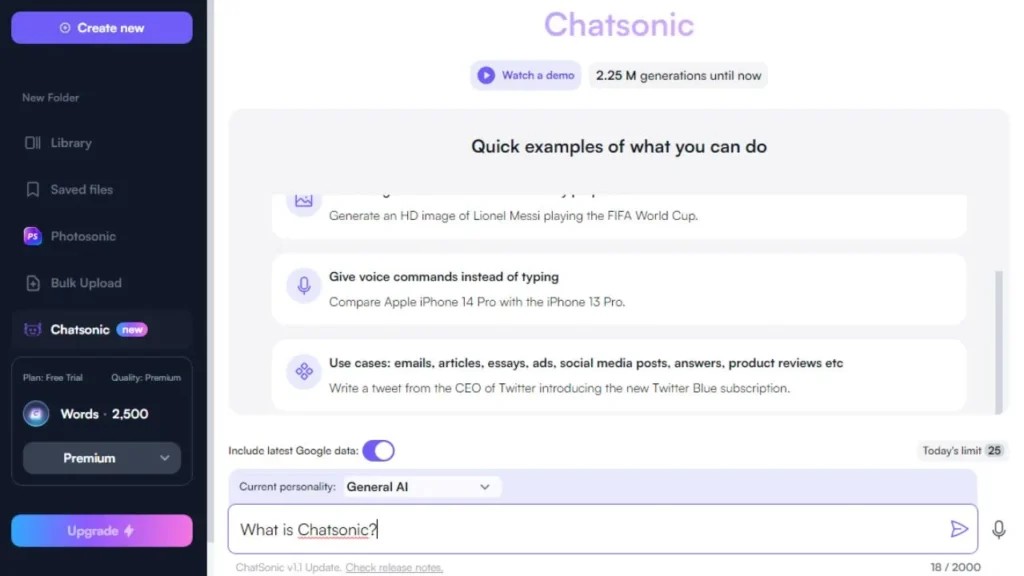
Best for: AI-powered chat with voice and image recognition
ChatSonic is an advanced AI chatbot that combines text, voice, and image recognition. It’s great for voice-based queries and creating images using AI.
🔹 Pros: Supports voice commands, AI image generation
🔹 Cons: Limited free use
📌 Best Use Case: If you want an AI chatbot that understands voice and images.
Which ChatGPT Alternative is Right for You?
Here’s a quick summary to help you decide:
| AI Tool | Best For |
|---|---|
| Google Bard (Gemini) | Real-time answers & research |
| Microsoft Copilot | Web browsing & productivity |
| Claude AI | Long-form writing & safety |
| Jasper AI | Marketing & business content |
| Perplexity AI | Fact-checking & research |
| HuggingChat | Free open-source AI |
| Writesonic | SEO-friendly content |
| YouChat | Web-connected chatbot |
| Replika AI | Emotional support |
| ChatSonic | Voice and image AI |
Whether you need AI for writing, coding, chatting, or researching, there’s a perfect alternative for you. Try these tools and see which one works best!


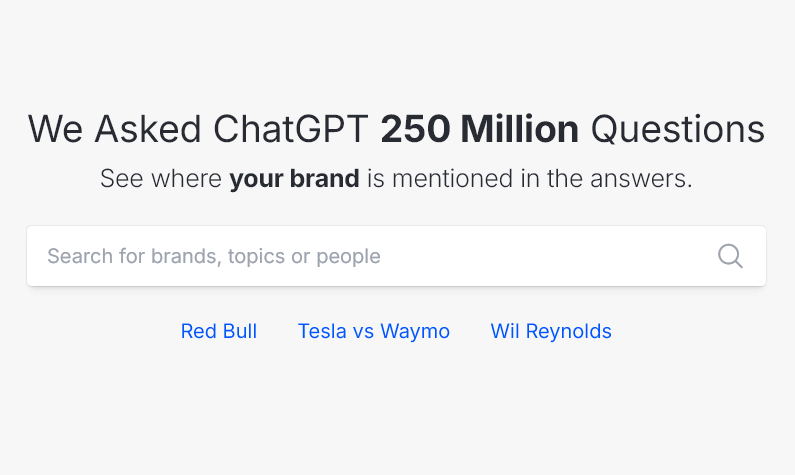


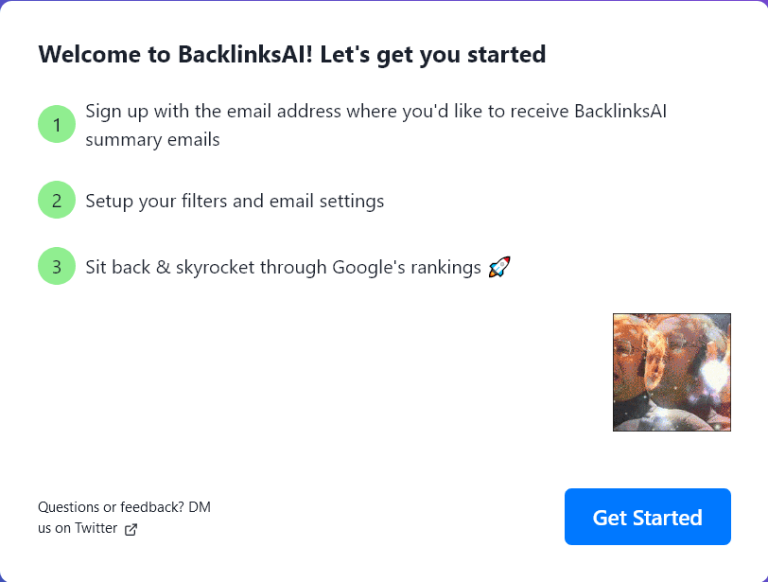

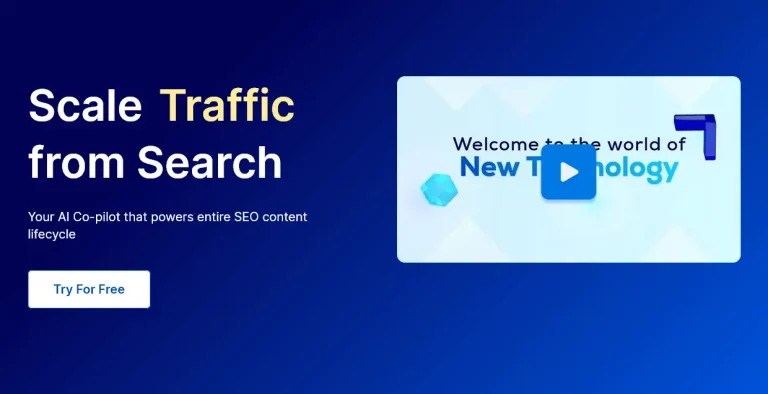

Leave a Comment